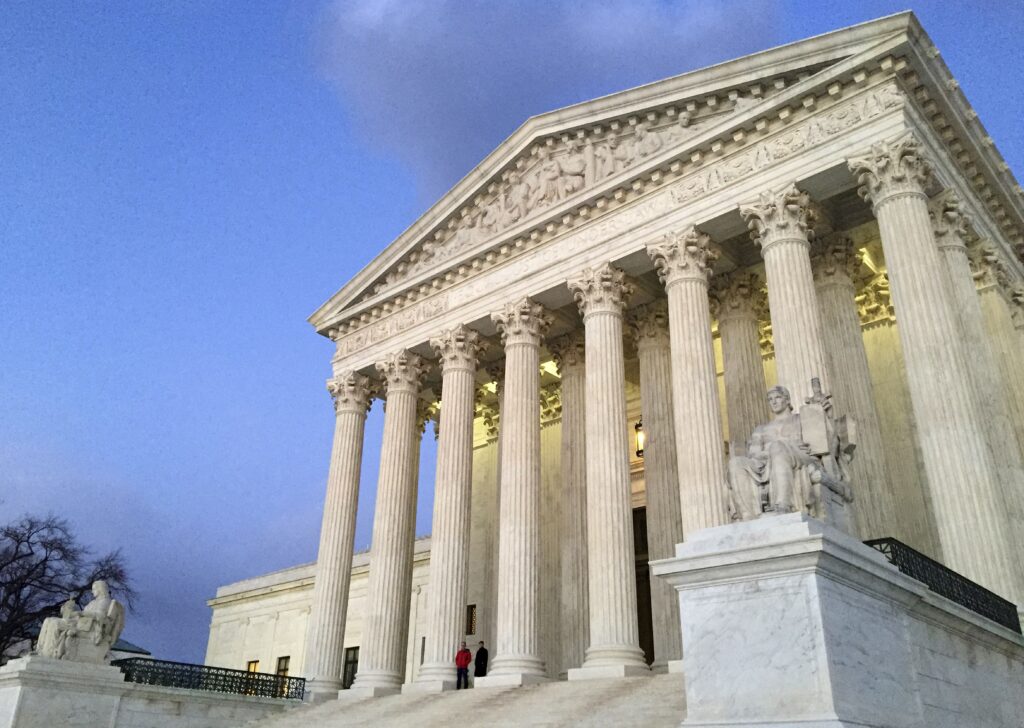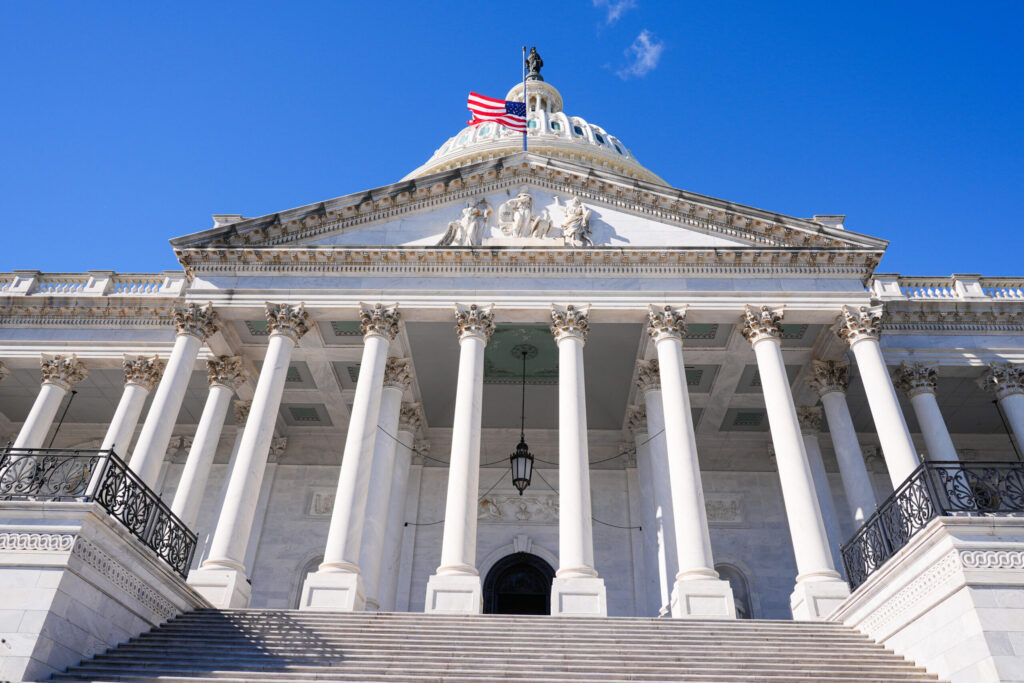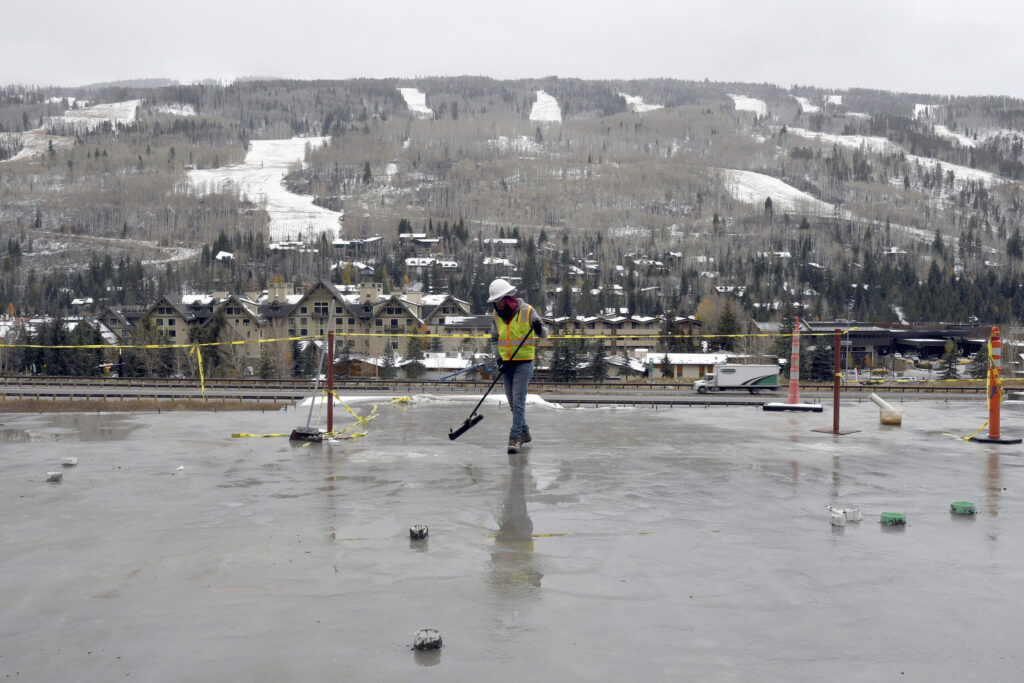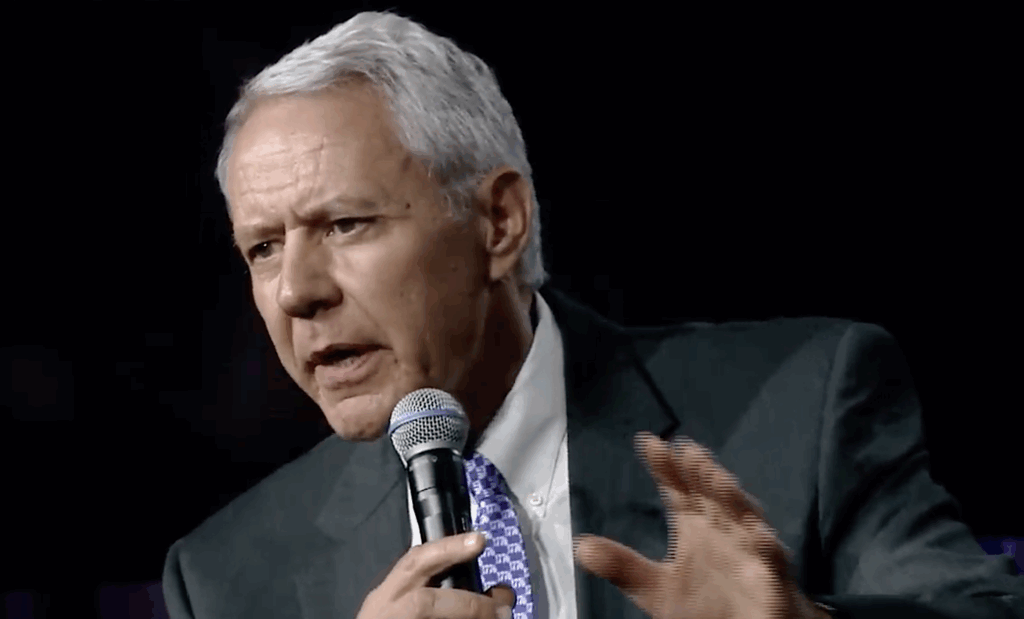Coalition says bills make open records, well, more open
The public could find it easier to get public records in Colorado if a handful of legislators, both Republicans and Democrats, get what they want in the next legislative session.
My friend Jeffrey A. Roberts previews several possible reforms to Colorado’s Open Records Act in the legislative session that begins Wednesday on the Colorado Freedom of Information Coalition blog. He said bills are in the works to make more records public in digital form, mediation for disputes over open records and holding the court system to the same standards of transparency as all government.
The names of legislators Roberts cites include some of the most talented lawmakers in the Capitol, which speaks highly of each bill’s chances.
Rep. Cole Wist is working on a mediation vehicle as an alternative to expensive court fights over records, which many small citizen organizations or individuals can never afford. The Republican from Centennial quickly has earned a reputation for working across the aisle, and last month his fellow Republicans elected him assistant minority leader, essentially second-in-command.
“Right now your options are court or nothing,” Wist said in the blog. “That’s not necessarily the best public policy or the best mechanism for the public to get copies of records that the public already owns.”
Rep. Polly Lawrence, the assistant Republican leader last year, is carrying a bill to require the courts to abide by open-records laws that affect all other branches of government. I blogged about Jeff’s reporting on this last month. You can read it here.
Sen. John Kefalas, a Democrat from Fort Collins and Dan Pabon, a Democrat from Denver, the government can wise up on providing public information without endangering private information.
Roberts writes that “the legislation is intended to solve a problem faced by some records requesters: Records kept in databases and spreadsheets sometimes are released in formats (paper or PDFs) that make analysis difficult or impossible.
Government entities sometimes withhold entire datasets that contain confidential fields of information, such as Social Security numbers. Instead of redacting the private data and releasing the public portions, some records custodians say they are not required by CORA to ‘create a new record.'”












